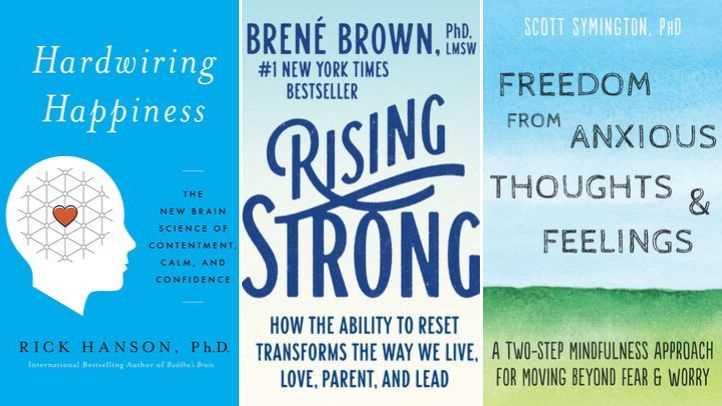
Resilience is the ability to bounce back from difficult experiences and adapt to new challenges. It is a quality that can be cultivated and strengthened over time. For individuals who have experienced PTSD (Post-Traumatic Stress Disorder), building resilience is crucial in order to overcome the debilitating effects of trauma and lead a fulfilling life.
Resistance to stress is a key component of building resilience. When faced with stressful situations, individuals with high levels of resilience are able to maintain a sense of calm and effectively cope with the challenges at hand. They are able to tap into their inner strength and utilize healthy coping mechanisms to navigate through difficult times.
Building resilience involves developing a set of skills and strategies that can be applied in various situations. These may include practicing mindfulness and self-care, seeking support from loved ones or professionals, reframing negative thoughts, and setting realistic goals. By incorporating these practices into their daily lives, individuals can gradually increase their resilience and reduce the impact of stress and trauma.
Understanding Stress and PTSD
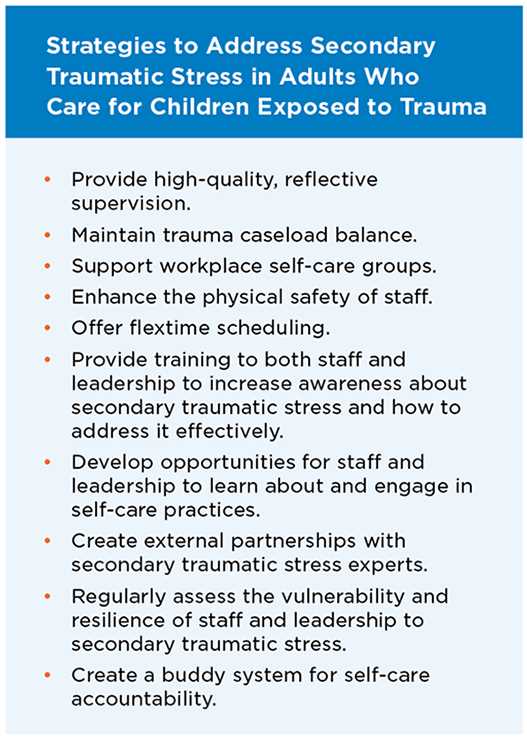
Stress is a natural response to a demanding or threatening situation. It can be caused by various factors, such as work pressure, relationship problems, financial difficulties, or traumatic events. When faced with stress, our bodies release stress hormones like cortisol and adrenaline, which prepare us to react quickly and effectively.
However, prolonged or excessive stress can have negative effects on our physical and mental well-being. It can lead to fatigue, sleep problems, irritability, difficulty concentrating, and even physical health issues such as heart disease or high blood pressure.
Post-Traumatic Stress Disorder (PTSD) is a specific type of stress disorder that occurs after experiencing or witnessing a traumatic event. It can affect anyone who has been through a life-threatening or extremely distressing situation, such as military combat, natural disasters, serious accidents, or physical or sexual assault.
People with PTSD may experience intrusive memories, nightmares, flashbacks, and intense emotional or physical reactions when reminded of the traumatic event. They may also avoid situations or places that remind them of the trauma and have difficulty sleeping or concentrating.
Building resilience is essential in resisting stress and overcoming PTSD. Resilience refers to the ability to bounce back from adversity and adapt to new situations. It involves developing coping mechanisms, seeking support from loved ones or professionals, and practicing self-care activities like exercise, relaxation techniques, and healthy lifestyle choices.
Understanding stress and PTSD is the first step towards building resilience and finding effective strategies to manage and overcome these challenges. By recognizing the signs and symptoms of stress and seeking appropriate support, individuals can regain control of their lives and improve their overall well-being.
The Impact of Stress on Mental Health
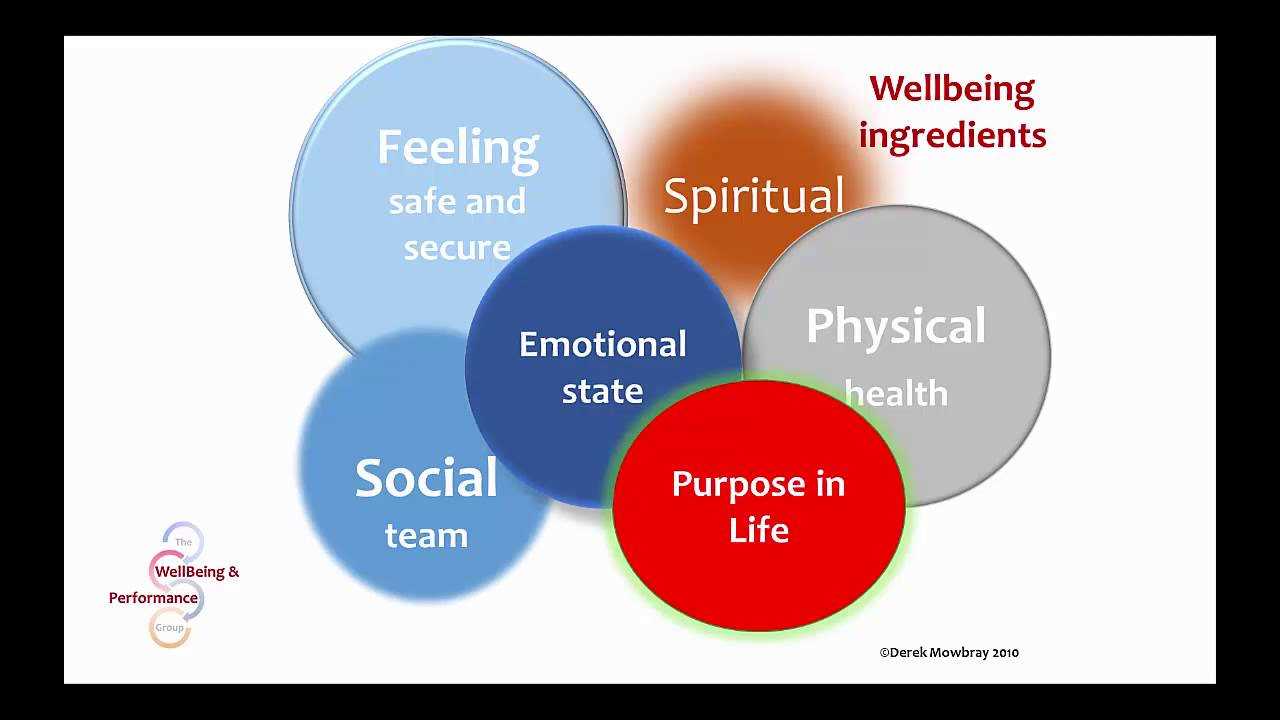
Stress can have a profound impact on mental health. When faced with stressful situations, individuals may experience a range of negative emotions and physical symptoms. This can include feelings of anxiety, depression, and irritability, as well as headaches, muscle tension, and difficulty sleeping.
However, not everyone responds to stress in the same way. Some individuals may have a higher resistance to stress, known as resilience, which allows them to bounce back more quickly and effectively. On the other hand, individuals with lower resilience may be more susceptible to the negative effects of stress on their mental health.
Chronic or prolonged stress can also increase the risk of developing mental health disorders, such as post-traumatic stress disorder (PTSD). This condition can occur after experiencing or witnessing a traumatic event, and can lead to symptoms such as flashbacks, nightmares, and severe anxiety.
It is important to recognize the impact of stress on mental health and take steps to manage and reduce stress levels. This can include practicing relaxation techniques, engaging in regular physical activity, seeking support from loved ones or mental health professionals, and making time for self-care activities.
By building resilience and developing healthy coping mechanisms, individuals can better resist the negative effects of stress and promote their overall mental well-being.
What is PTSD and Its Symptoms?
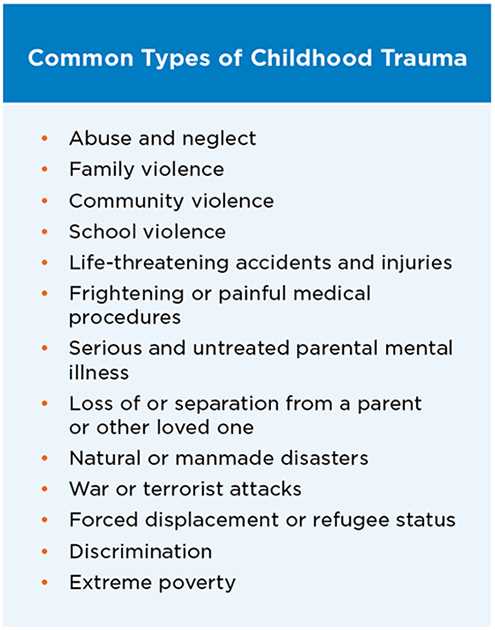
PTSD (Post-Traumatic Stress Disorder) is a mental health condition that can develop in individuals who have experienced or witnessed a traumatic event. It is a natural response to an extremely stressful situation and can affect people from all walks of life.
Those with PTSD often struggle with feelings of fear, anxiety, and helplessness long after the traumatic event has occurred. They may experience intrusive thoughts or memories of the event, nightmares, and flashbacks that can be extremely distressing. These symptoms can disrupt daily life and make it challenging for individuals to function normally.
Individuals with PTSD may also exhibit avoidance behaviors, trying to avoid reminders of the traumatic event or anything that triggers distressing memories. They may isolate themselves from others, lose interest in activities they once enjoyed, and have difficulty maintaining relationships.
The symptoms of PTSD can vary from person to person and may manifest immediately after the traumatic event or take months or even years to develop. Some individuals may experience a single traumatic event that leads to PTSD, while others may develop the condition after repeated exposure to traumatic events.
Building resilience and developing resistance to stress are important factors in overcoming PTSD. Seeking professional help, engaging in therapy, and participating in support groups can provide individuals with the tools and support they need to manage their symptoms and regain control of their lives.
If you or someone you know is experiencing symptoms of PTSD, it is essential to seek help and support. With the right treatment and support system in place, individuals can learn to manage their symptoms and build resilience to overcome the challenges of PTSD.
Common Causes of PTSD
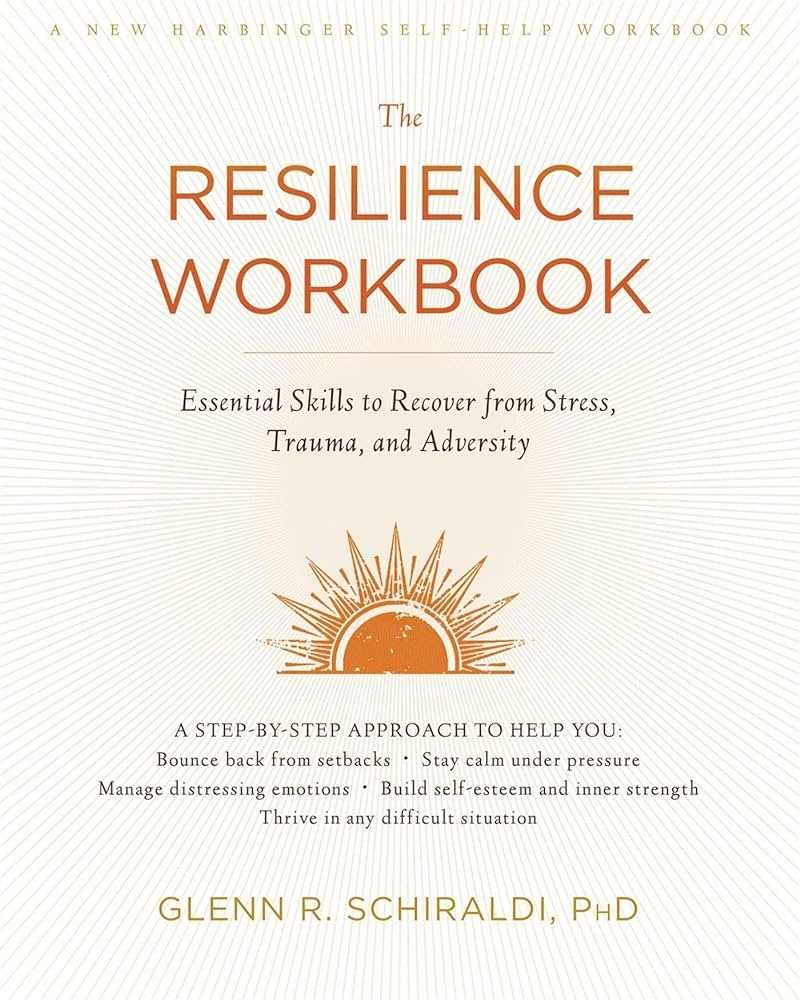
Post-Traumatic Stress Disorder (PTSD) is a mental health condition that can develop after a person has experienced or witnessed a traumatic event. There are various common causes of PTSD that can trigger this condition. Understanding these causes can help individuals build resistance and resilience to stress.
One of the most common causes of PTSD is experiencing or witnessing a life-threatening event. This can include natural disasters, accidents, physical or sexual assault, or military combat. The intense fear and helplessness experienced during these events can lead to the development of PTSD.
Another common cause of PTSD is ongoing exposure to stress. This can include long-term exposure to high-stress environments, such as working in a war zone or in emergency services. The constant exposure to stressful situations can wear down an individual’s resilience and increase the likelihood of developing PTSD.
Childhood trauma is also a common cause of PTSD. Children who have experienced neglect, abuse, or other traumatic events are at a higher risk of developing this condition. The long-lasting effects of childhood trauma can impact a person’s ability to cope with stress and can contribute to the development of PTSD later in life.
Additionally, individuals who have a history of mental health conditions, such as anxiety or depression, are more susceptible to developing PTSD. These pre-existing conditions can make it more difficult for individuals to cope with stress and can increase their vulnerability to traumatic events.
In conclusion, there are several common causes of PTSD, including experiencing or witnessing a life-threatening event, ongoing exposure to stress, childhood trauma, and pre-existing mental health conditions. By understanding these causes, individuals can take steps to build resilience and resistance to stress, reducing their risk of developing PTSD.
Developing Resilience and Coping Mechanisms
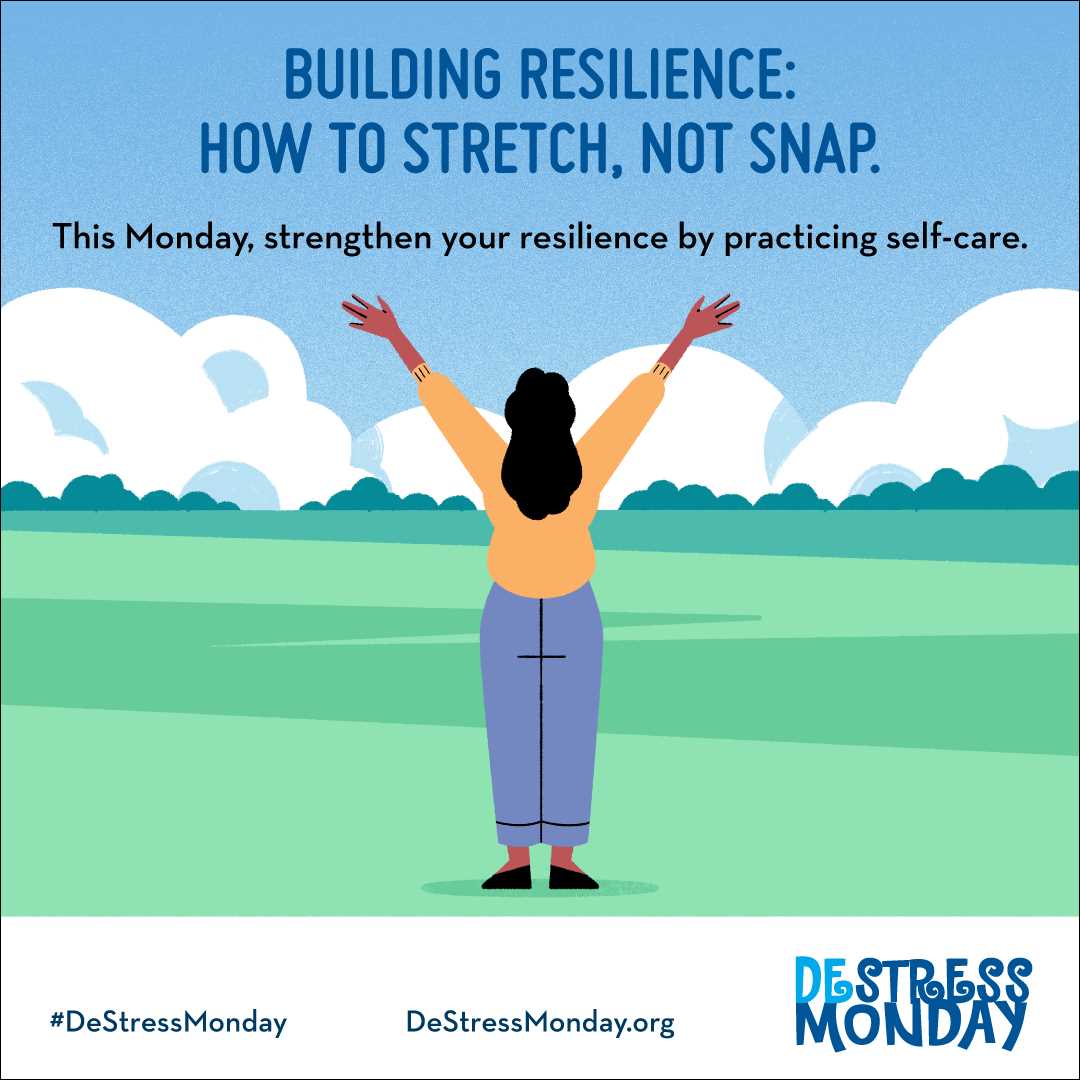
Building resistance to stress and overcoming the challenges of PTSD requires the development of resilience and coping mechanisms. Resilience is the ability to bounce back from difficult situations and adapt to change. It involves a combination of mental, emotional, and physical strength.
One key aspect of developing resilience is building a support system. Having a network of friends, family, or support groups can provide a sense of belonging and help you navigate through tough times. It’s important to reach out to others and ask for help when needed.
Another important factor in developing resilience is self-care. This includes taking care of your physical and mental health. Engaging in regular exercise, eating a healthy diet, and getting enough sleep can help improve your overall well-being and make you more resilient to stress.
Practicing mindfulness and relaxation techniques can also help build resilience. Taking time to focus on the present moment and engage in activities that bring you joy can help reduce stress and improve your ability to cope with challenges. Techniques such as deep breathing, meditation, and journaling can be effective tools in managing stress and building resilience.
It’s important to remember that resilience is a skill that can be developed over time. By actively working on building resilience and adopting healthy coping mechanisms, you can increase your ability to resist stress and overcome the challenges of PTSD.
Key Points:
– Building resilience involves developing mental, emotional, and physical strength.
– Building a support system is important for developing resilience.
– Self-care, including regular exercise, healthy eating, and sleep, is crucial for resilience.
– Mindfulness and relaxation techniques can help build resilience.
– Resilience is a skill that can be developed over time.
Recognizing and Managing Stress Triggers
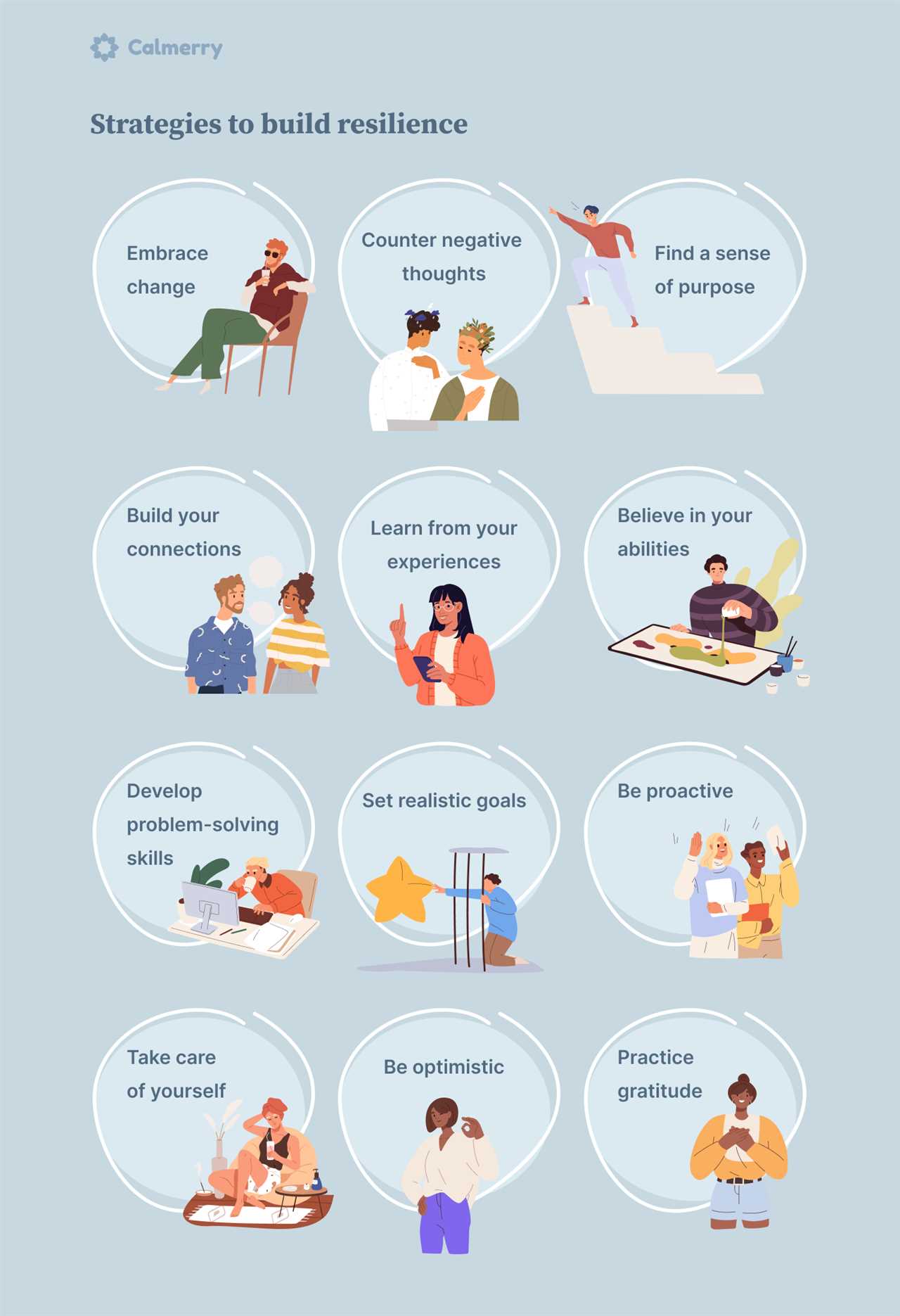
Building resilience is essential for managing stress and overcoming PTSD. One crucial aspect of this process is recognizing and managing stress triggers. Stress triggers are the events, situations, or thoughts that can lead to feelings of stress and anxiety. By identifying and understanding these triggers, individuals can develop effective strategies to manage and reduce their impact.
Recognizing stress triggers involves being aware of the physical, emotional, and cognitive signs of stress. These signs may include increased heart rate, muscle tension, irritability, and negative thinking patterns. By paying attention to these signs, individuals can start to identify the specific triggers that lead to stress and anxiety.
Common stress triggers can vary from person to person, but some common examples include work-related pressures, financial difficulties, relationship conflicts, and traumatic experiences. It is important to note that individuals with PTSD may have additional triggers related to their traumatic experiences.
Once stress triggers are identified, the next step is to develop effective strategies for managing them. This may involve implementing stress-reducing techniques such as deep breathing exercises, mindfulness meditation, or engaging in physical activity. It can also be helpful to seek support from friends, family, or mental health professionals who can provide guidance and assistance.
Managing stress triggers also involves making lifestyle changes that promote overall well-being and resilience. This may include practicing self-care activities such as getting enough sleep, eating a balanced diet, and engaging in regular exercise. Additionally, individuals can benefit from developing healthy coping mechanisms, such as practicing positive self-talk, setting boundaries, and seeking professional help when needed.
By recognizing and managing stress triggers, individuals can develop the resilience needed to overcome stress and PTSD. It is a process that requires self-awareness, self-care, and a willingness to seek support. With time and practice, individuals can build their resilience and lead healthier, more fulfilling lives.

I am Patrina de Silva, a psychologist and mental health blogger in Sri Lanka. After obtaining psychology degrees from the University of Colombo and Monash University, I returned home to work as a counselor while also starting the popular blog “Pressy but Happy” to provide advice on psychological issues. Over the past decade, my empathetic articles have made my blog a leading mental health resource in the country. In addition to writing, I maintain a private therapy practice, frequently volunteer counseling time, and conduct seminars, driven by my passion for destigmatizing mental illness and educating the public on the mind-body connection. I strive to be an influential voice in my field through my compassionate approach.
